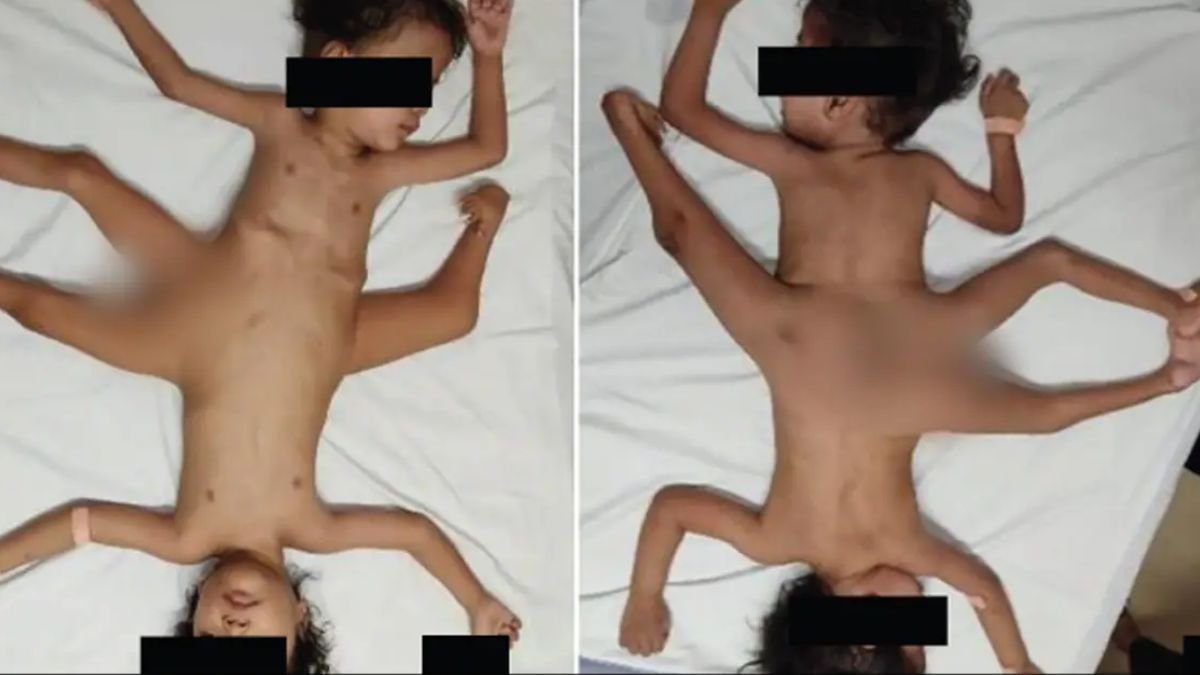KUALA LUMPUR – Residents impacted by last week’s devastating gas pipeline explosion in Putra Heights may be entitled to significant compensation, legal experts say, as authorities scramble to pinpoint responsibility for the fiery disaster that left families traumatized and homes destroyed.
Lawyer Dr. Mahmud Jumaat emphasized that affected residents have strong grounds to pursue legal action if official investigations confirm negligence or statutory breaches by parties like Petronas, contractors, or local authorities. The explosion, which erupted on the second day of Aidilfitri, sent flames soaring 30 meters high, melted infrastructure, and left a gaping 9.8-meter-deep crater in its wake. Over 1,250 residents from 308 families were displaced, with two victims still fighting respiratory distress in intensive care.
“Under Malaysia’s civil law, victims suffering losses due to others’ negligence can claim damages to restore their pre-incident condition—financially, emotionally, and physically,” Dr. Mahmud explained, referencing the landmark Highland Towers case. Compensation could cover home repairs, medical bills, lost income, and even psychological trauma, he added.
Crucially, insurance coverage gaps won’t block claims. “Even without ‘special perils’ insurance, victims can sue negligent third parties. The law protects their right to justice,” Dr. Mahmud stressed.
The blast, linked to a ruptured Petronas gas pipeline, has raised questions about compliance with the Gas Supply Act 1993, which mandates strict safety protocols for gas systems. Failure here could serve as evidence of negligence. Additionally, the legal principle of strict liability—applied in cases involving hazardous materials like high-pressure gas lines—could hold Petronas automatically responsible, even without direct proof of negligence, under precedents like Rylands v. Fletcher (1868).
Contractors or local councils like Subang Jaya City Council (MBSJ) may also face liability if found to have ignored safety standards during construction near the pipeline. However, statutory immunities might shield authorities acting within regulatory bounds.
For now, 630 residents remain in temporary shelters at Putra Heights’ mosque hall and Camelia Hall, while others rely on relatives. Community frustration simmers. “We lost everything in minutes—how do you rebuild from that?” said one displaced mother, her voice shaking.
Dr. Mahmud urged victims to act swiftly: “Document all losses—photos, receipts, medical reports. These are critical for building a case.
As investigations continue, advocates demand accountability. “This isn’t just about compensation—it’s about preventing another nightmare,” a local NGO worker said.
Petronas has yet to issue a formal statement, but pressure mounts as April 30 looms—the deadline for initial findings.




